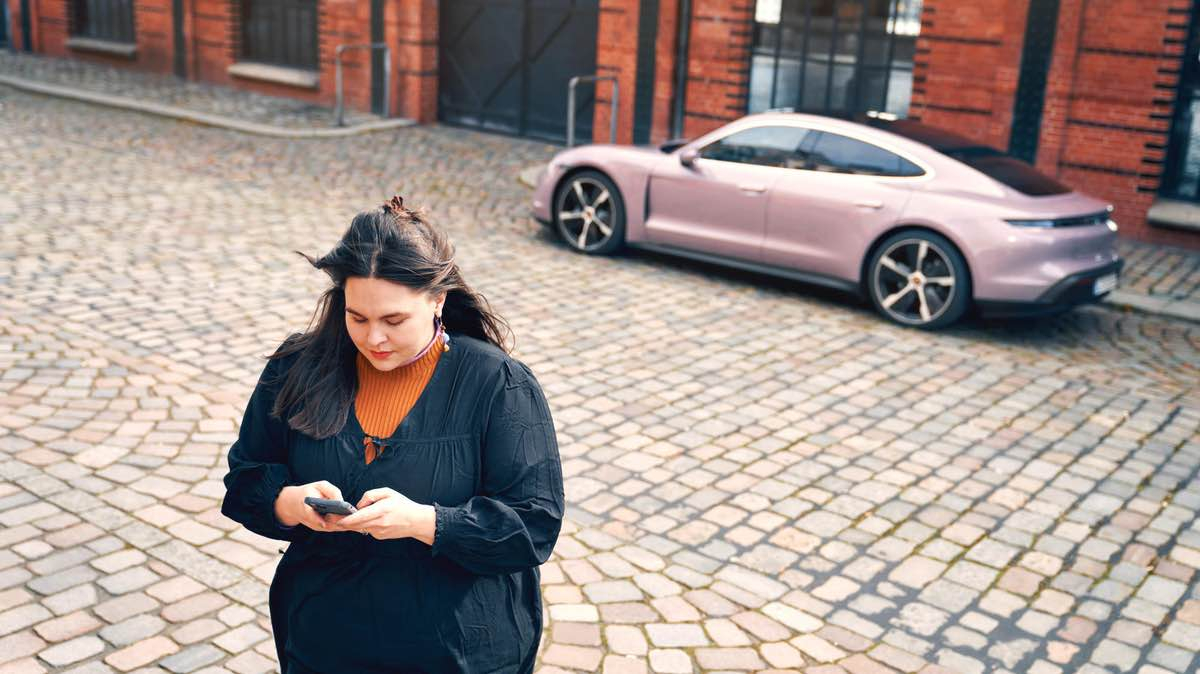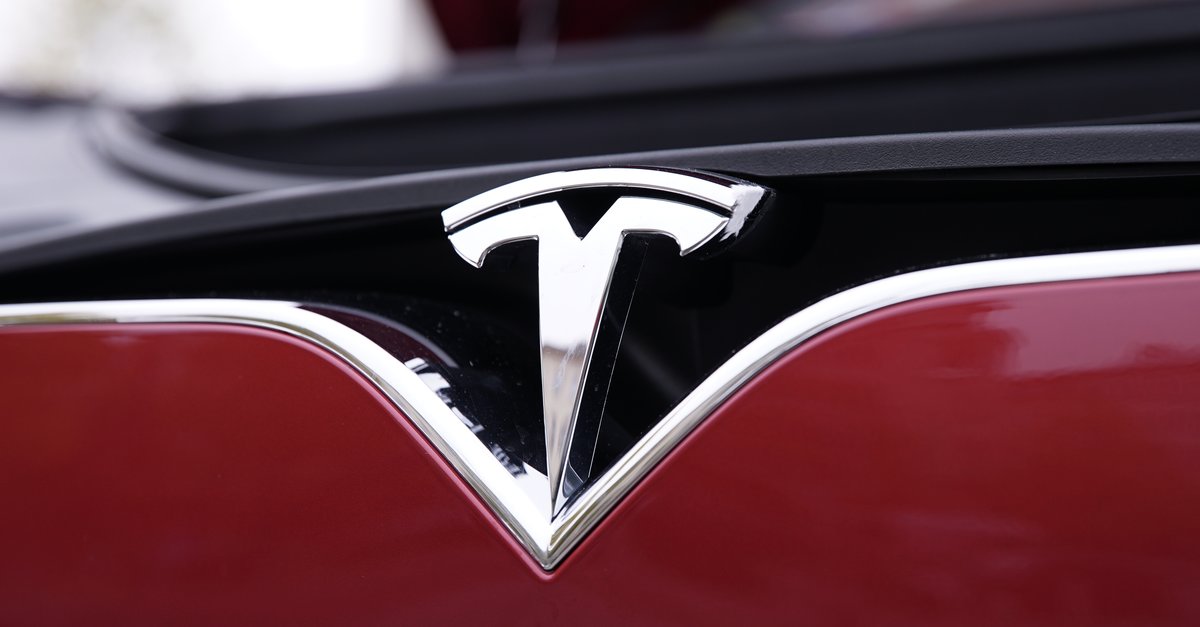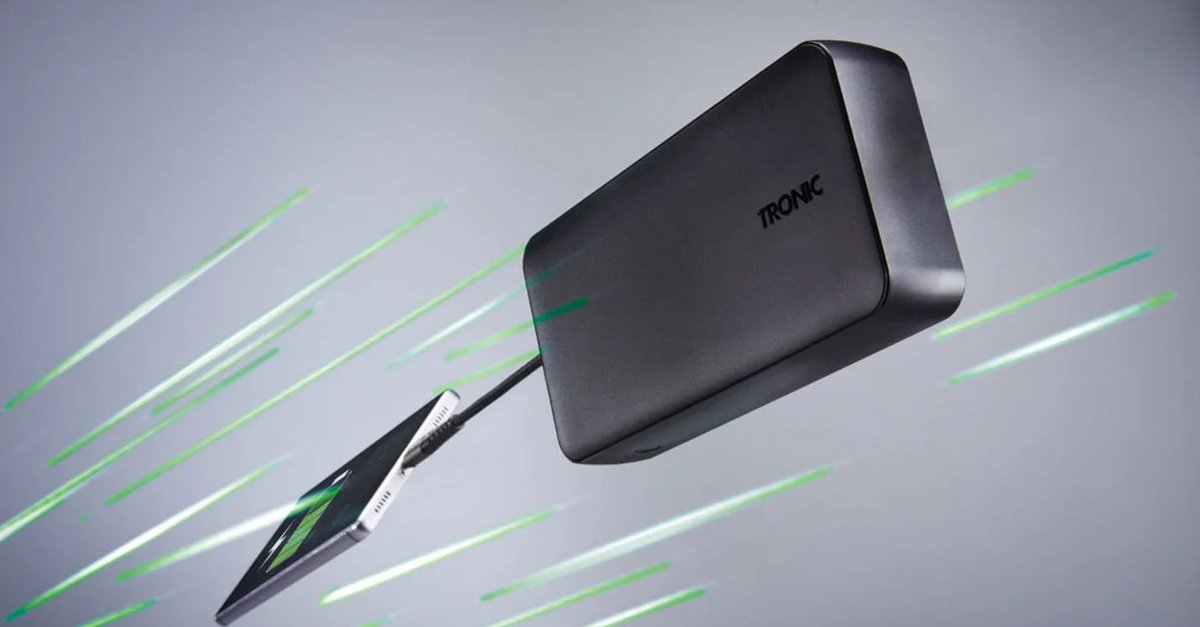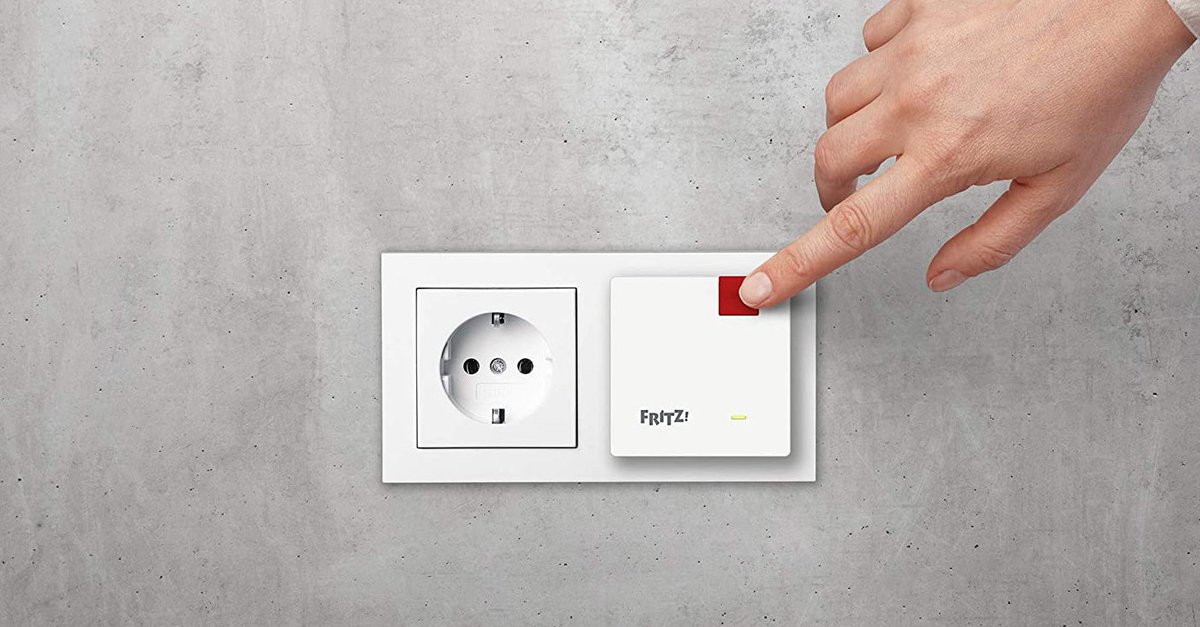How the Hamburg startup Unown Konsum is rethinking
How do we want to live, work and consume in the future? Together with Porsche Germany, we are getting to the bottom of this question in this three-part interview series – to find out where and how the buzzwords of tomorrow are being put into practice today. For this we have switched to a fully electric one Porsche Taycan and have visited exciting, innovative and future-oriented founders and their businesses on site. First I went to Unown in Hamburg.
Upon arrival at the office, Linda and Tina, founders and managing directors of the fashion leasing start-up Unown, greet us in their newly moved apartment in Hamburg’s Schanzenviertel. There are still few furnishings, but all the more light that falls into the rooms through the large number of spacious windows. “We don’t really get to set up,” says Linda and has to grin. “A lot going on right now.”
On the way through her neighborhood, she tells us about the story behind Unown. Founded in Hamburg in 2019, Unown sees itself as an alternative to the consumer-oriented fast fashion industry. The departure from the classic ownership mentality is a fundamental pillar of their company, on which their leasing approach is based. “Thanks to the cycle model, the products should stay in circulation longer,” explains Linda. Because: “Only 60 percent of our clothes are really used regularly – almost 40 percent are only worn little or hardly at all.” The products can be purchased individually or by subscription. For a fraction of the original price, high-quality tops, pants, accessories and much more can be leased for two weeks or a whole month. Membership allows users to borrow up to four items at the same time. A scoring system helps to keep an eye on the condition of the garments – which ultimately also influences the price for the user.
On their website they calculate how much CO₂ and water a single person could save in six months: 155 kilograms and almost 100,000 liters. In their first sustainability report, they make it clear what this could mean for the future: If 20 percent of the European fashion industry switched to a leasing model, that would save more than 25 million tons of CO₂ annually.
The founding duo behind Unown: Tina Spiessmacher (left) and Linda Ahrens. (Photo: Fabio M. Albacete)
On our way through the Schanzenviertel we make a short stop before we continue towards the harbor. Is Hamburg your adopted home, also professionally? “Yes, yes,” says Linda and lets her gaze wander out of the window. “For us, the city embodies all the positive aspects of a big city, coupled with a certain calmness. Compared to Berlin, you have a completely different resting pulse here. ”In relation to their city, the founders are particularly enthusiastic about the density of innovative impact startups, that is, companies that aim to solve a social or economic problem. “The quality of the relationships and the mutual willingness to support is very high.”
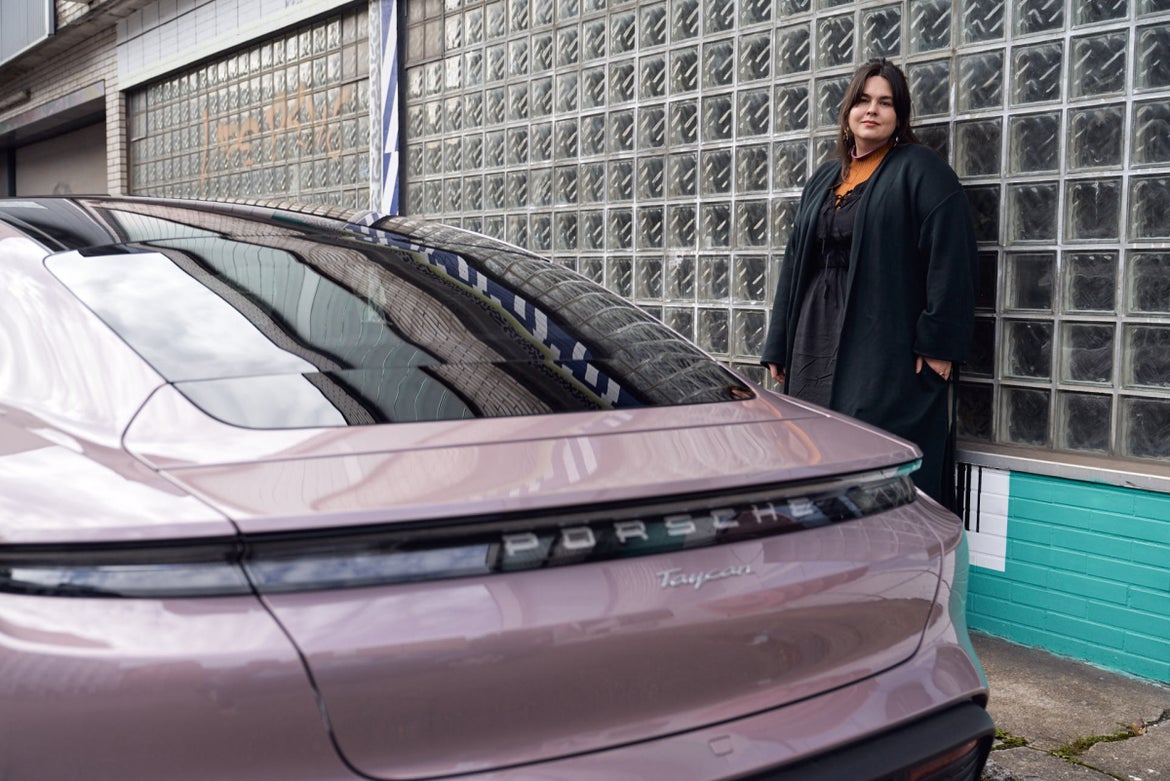
Our vehicle for the day in Hamburg: the fully electric Porsche Taycan. (Photo: Fabio M. Albacete)
Whether in the fashion segment, in the hardware sector or in mobility: more and more often, use is preferred to owning, and the willingness of consumers seems to be ever greater: inside to follow this path. New, smart mobility models are changing the way people move around the world. In addition to public transport, a large number of rental and lending solutions have seen the light of day in large and small towns, ranging from bicycles to e-scooters to cars and making the route from A to B redesignable for everyone.
Porsche Drive Rental
With the drive rental program from Porsche, interested parties can rent vehicles quickly, easily and for as little as three hours and choose from the full range of models – for example the fully electric Porsche Taycan, which was also available to us for this interview. The Taycan combines driving fun and maximum comfort with complete zero emissions and is a more than welcome alternative, especially for longer journeys, such as our journey to Hamburg. The Porsche Charging Card can also be used for free charging. Learn more at www.porsche.de/drive.
Especially in the field of automobiles, there is a lot of alternative potential to owning and private transport. A topic that of course also moves the sports car manufacturer Porsche: whether subscription vehicles or rental cars on demand – none of these have long ceased to be future plans, but implemented and applicable reality.
By 2030, Porsche aims to be CO₂-neutral across the entire value chain. CO₂ emissions are consistently avoided or reduced; Unavoidable or reducible emissions are verifiably offset.
Find out more about the Porsche Taycan now
Taycan: Combined power consumption in kWh / 100 km: 28.7–28.0 (NEDC); 25.4-20.4 (WLTP); Combined CO₂ emissions in g / km: 0 (NEDC); 0 (WLTP); Electric range in km: 354– 484 (WLTP) · 382–521 (WLTP urban) | https://porsche.click/DAT-Leitfaden | As of 11/2021
